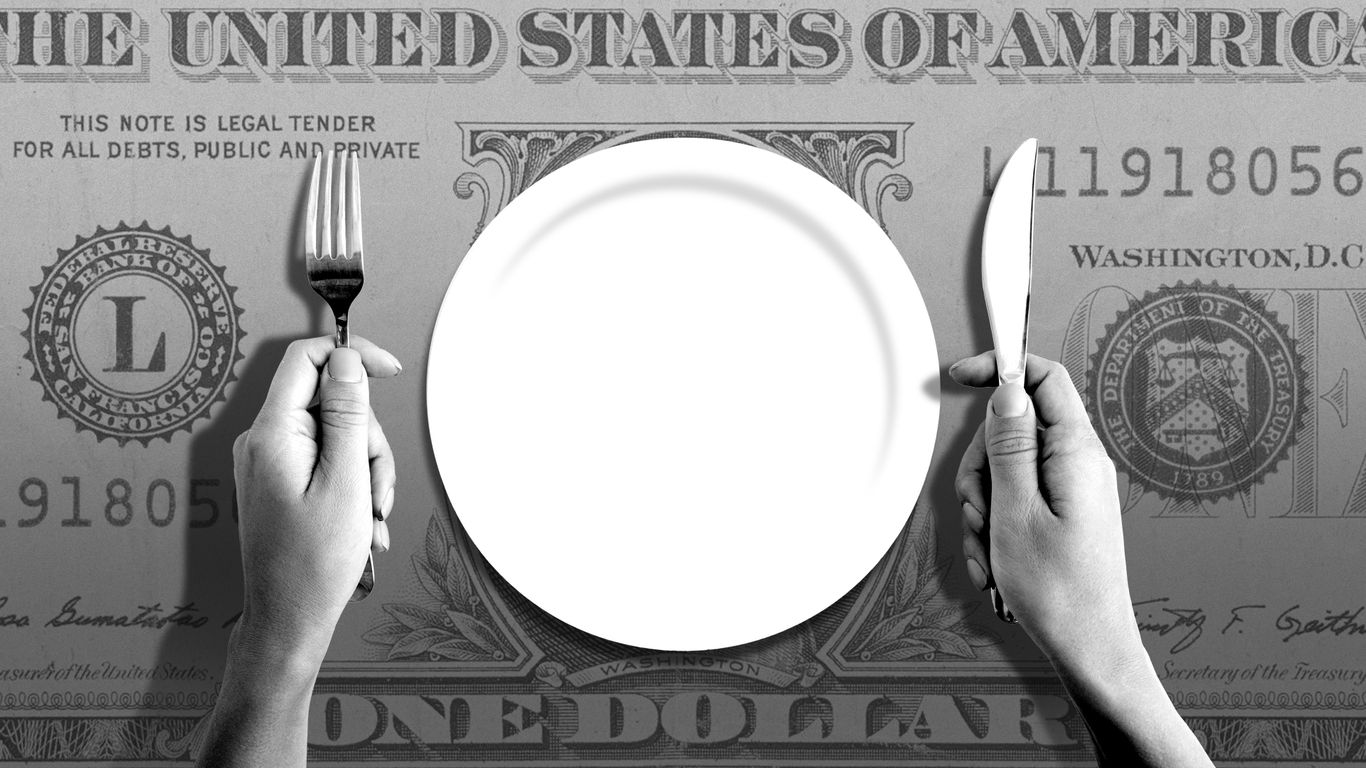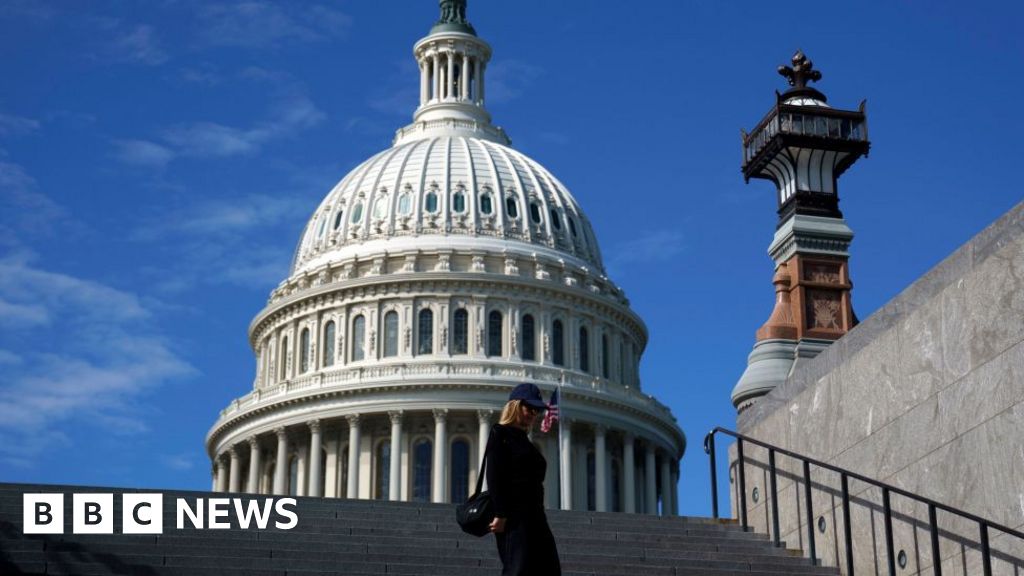Judge's Ruling on SNAP Benefits

Judge’s Ruling on SNAP Benefits
Federal Judge John McConnell has ordered the Trump administration to release full funding for November’s Supplemental Nutrition Assistance Program (SNAP) benefits by Friday, citing “irreparable harm” caused by the government’s delay. The judge emphasized that withholding these funds risks leaving millions of vulnerable Americans hungry, highlighting the urgent need for immediate action to ensure food security.
Administration’s Response and Legal Dispute
Despite the order, the Trump administration appealed the ruling, claiming it made contingency funds available and distributed guidance for partial payments. However, McConnell rejected this, stating that the administration violated his clear directive for full or partial timely payments. This ongoing legal conflict creates confusion and uncertainty for states and SNAP recipients struggling amid rising food insecurity.
Broader Impact and Public Reaction
The delay affects over 42 million people, including children, seniors, and veterans who depend on SNAP. Advocates condemn the administration’s stance as a failure to uphold moral and legal obligations to feed the nation’s most vulnerable, urging immediate compliance to prevent further harm and economic ripple effects in communities nationwide.
About the Organizations Mentioned
Trump administration
The **Trump administration** refers to the executive branch of the U.S. federal government during Donald J. Trump’s presidency, initially from January 20, 2017, to January 20, 2021, and resuming with his second term starting in 2025. It was characterized by a mix of aggressive domestic policies, significant judicial appointments, and a distinct foreign policy approach that emphasized "America First" principles[4][8]. The administration’s key activities included **tax reform**, notably passing the $3.2 trillion Tax Cuts and Jobs Act, which represented the largest overhaul of the U.S. tax code in decades[5]. Trump also renegotiated trade agreements with major economies including Mexico, Canada, China, Japan, and South Korea, prioritizing bilateral deals over multilateral ones such as the Trans-Pacific Partnership (TPP), which the administration withdrew from early on[1][2]. The administration sought to protect American jobs by restricting cheap foreign labor and influencing agencies like the Tennessee Valley Authority to retain American workers[5]. On the judicial front, the Trump administration appointed over 200 federal judges, including three Supreme Court justices—Neil Gorsuch, Brett Kavanaugh, and Amy Coney Barrett—shaping the judiciary for years to come[4]. These appointments were among the most significant achievements, influencing U.S. law on multiple fronts. In foreign policy, the administration pursued a controversial agenda: it imposed travel bans on several predominantly Muslim countries, withdrew U.S. troops from northern Syria, and supported Saudi Arabia militarily despite congressional opposition related to the Yemen conflict[1][3]. It also fostered new international technology alliances, such as securing commitments from allies to exclude Chinese telecom giant Huawei from 5G infrastructure and signing AI cooperation agreements with the UK[5]. The Trump administration faced substantial political turmoil, including two impeachments by the House of Representatives—first in 2019 over Ukraine dealings, and again in 2021 following the January













